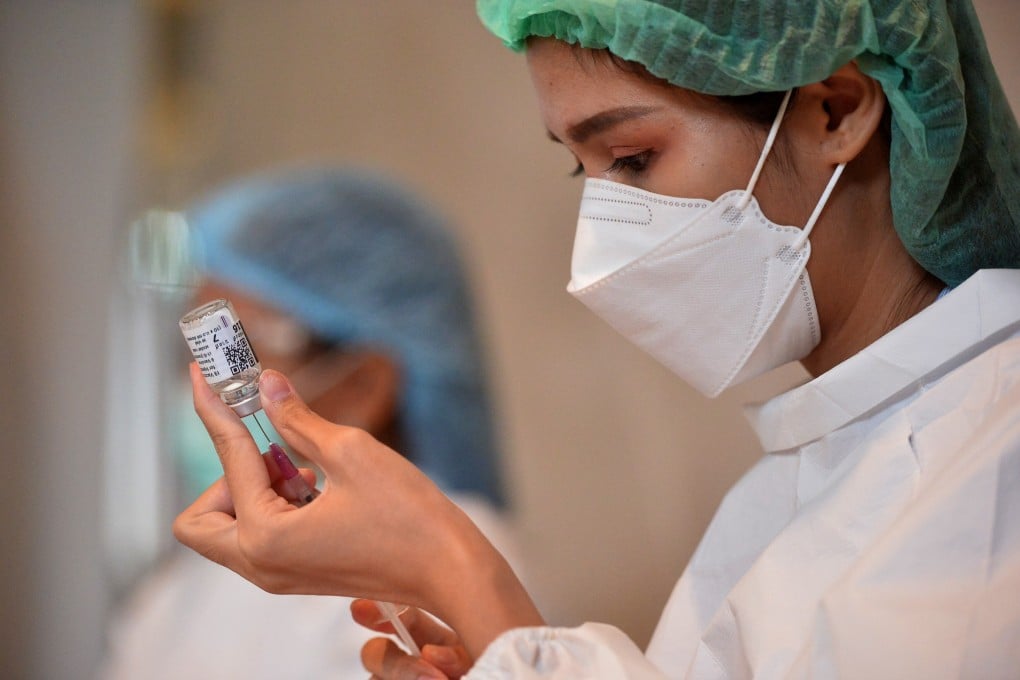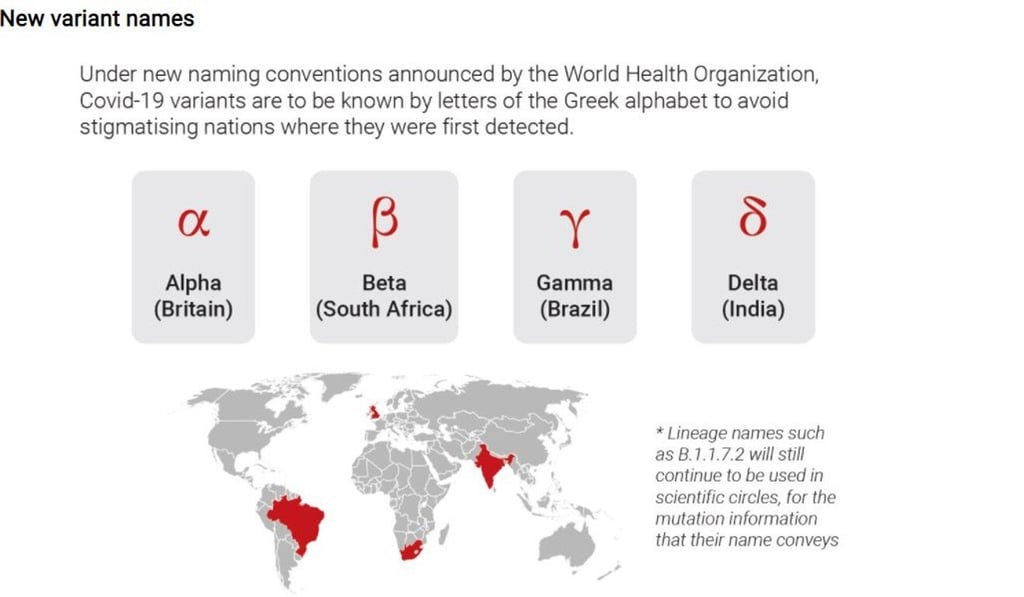Advertisement
Coronavirus: Thailand to mix Sinovac, AstraZeneca vaccines; Tokyo enters fourth emergency
- Thailand’s plan marks the first publicly announced mix and match of a Chinese coronavirus vaccine and a Western-developed shot
- Meanwhile, Tokyo’s Olympic Games, which will open on July 23 and end on August 8, will be held behind closed doors at almost all venues
Reading Time:6 minutes
Why you can trust SCMP
3

Thailand said on Monday it will use AstraZeneca’s Covid-19 vaccine as a second dose for those who had already received Sinovac’s shot to increase protection against the disease.
The plan, if implemented, would be the first publicly announced mix and match of a Chinese vaccine and a Western-developed shot.
“This is to improve protection against the Delta variant and build high level of immunity against the disease,” Health Minister Anutin Charnvirakul told reporters.
Advertisement
Thailand and neighbours such as Indonesia have reported breakthrough infections among medical and frontline workers inoculated with Sinovac’s inactivated virus vaccine.
The majority of Thailand’s medical and frontline workers were given Sinovac’s shots after February with the viral vector vaccine from AstraZeneca arriving in June.
Advertisement

The announcement came a day after Thailand’s health ministry said 618 medical workers out of 677,348 personnel who received two doses of Sinovac became infected with Covid-19 from April to July. One nurse has died and another medical worker is in critical condition.
Advertisement
Select Voice
Select Speed
1.00x